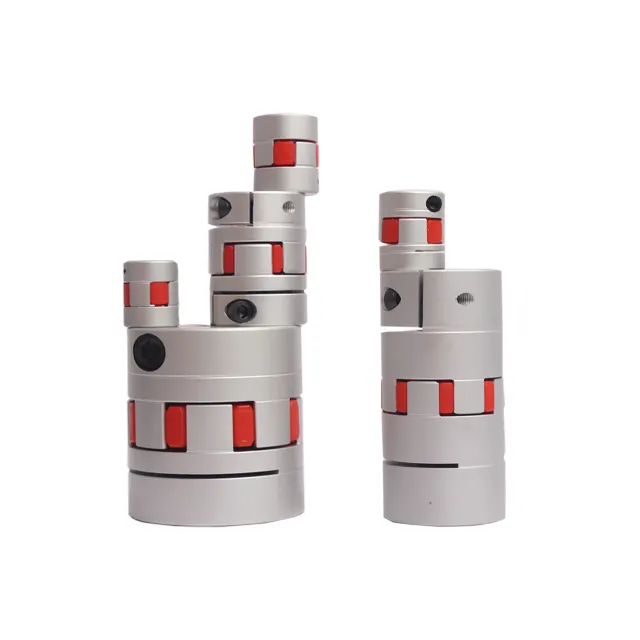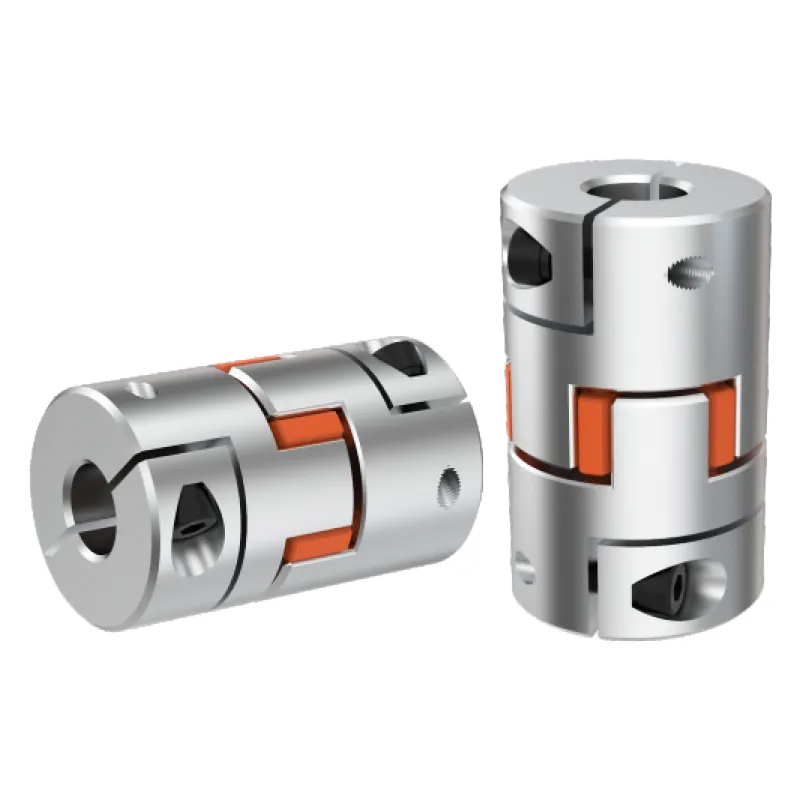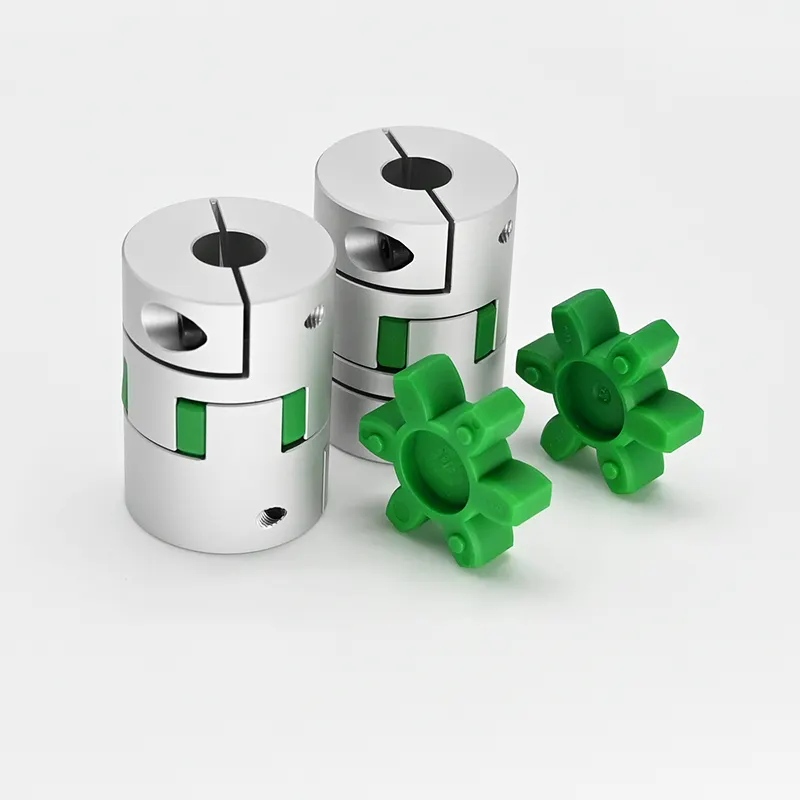Product Description
|
Material |
20CrMn5,20CrMnTi,40Cr,Powder deposit,45#steel,42CrMo,Stainless steel and so on as per your requests. |
|||
|
Custom |
OEM/ODM |
|||
|
Lead Time |
Sample: 20-30 days after deposit received, Batch goods: 30-45days after samples have been approved. Die opening product:7-15days after samples have been approved.It takes 45-60 days to open the mold. |
|||
|
Processing |
Forging,Machining,Hobbing,Milling,Shaving,Grinding teeth, inserting teeth, shot blasting, Grinding,Heat treatment…… |
|||
|
Heat Treatment |
Intermediate frequency, high frequency, tempering, desalinating, carburizing…… |
|||
|
Main Machines |
CNC gear hobbing machine, CNC gear cutting machine, CNC lathe, CNC gear shaving machine, CNC gear milling machine, CNC gear grinding machine, CNC Grinding Machine…. |
|||
CHINAMFG has been engaged in manufacturing of forgings, castings, heat treatment and CNC machining parts since 1999.
The products materials have passed EN15714-3.1 certification, covering various grades of: low carbon steel, alloy steel, stainless steel, ductile iron, aluminum alloy, copper alloy, titanium alloy.
The main processes are: free forging, die forging, rolling ring, high pressure casting, centrifugal casting, normalizing, quenching and tempering, solution treatment, aging treatment, carbonitriding, turning, milling, drilling, grinding, hobbing, high frequency quenching, galvanizing, chrome plating, anodizing, powder spraying and other processes.
Rings and plates dimensions: Max 3000mm, shafts length: Max 12000mm, single piece weight: Max 16 Tons, at the same time we are good at terminal machining of complex products, dimension accuracy: Min 0.01mm, roughness: Min Ra0.6.
Products can be strictly examined by chemical composition, tensile strength, yield strength, reduction of area, impact at low temperature, intergranular corrosion, hardness, metallographic, NDT, size, static balance etc performance parameter.
Products are widely used in: aerospace, ships, trains, automobiles, engineering vehicles, chemical industry and petroleum refining, wellheads, x-mas tree equipment, mining machinery, food machinery, hydraulic and wind power generation, new energy equipment etc field.
Welcome to send: PDF, IGS, STP and other format drawings, of course we could also make material judgment and size survey according to your samples.
With more than 20 years of manufacturing experience and overseas sales team, we have achieved 100% customer satisfaction. The warranty period of products sold is 365 days. We look CHINAMFG to your consultation and cooperation at any time and common prosperity development.
/* March 10, 2571 17:59:20 */!function(){function s(e,r){var a,o={};try{e&&e.split(“,”).forEach(function(e,t){e&&(a=e.match(/(.*?):(.*)$/))&&1

Use of Jaw Couplings in Corrosive or Harsh Environments
Jaw couplings can be used in certain corrosive or harsh environments, but the choice of materials and design should be carefully considered to ensure the coupling’s performance and longevity. Here’s how jaw couplings can be utilized in such environments:
- Material Selection: For corrosive environments, it is essential to choose materials that can withstand the specific chemicals or substances present. Stainless steel or other corrosion-resistant alloys are commonly used in jaw couplings to ensure resistance to rust and corrosion. These materials protect the coupling from degradation caused by exposure to corrosive elements.
- Sealing Mechanism: In harsh environments where contaminants or particles may be present, proper sealing becomes crucial. Many jaw couplings have various sealing options to prevent foreign materials from entering the coupling and affecting its performance. Seals can help keep the coupling’s interior clean and protect it from damage due to harsh substances.
- Environmental Protection: In applications where the coupling is exposed to harsh elements, it might be beneficial to utilize protective covers or guards. These can shield the coupling from direct contact with abrasive materials or chemicals, further extending its lifespan in challenging conditions.
- Regular Maintenance: In corrosive or harsh environments, proper and regular maintenance is crucial. Cleaning and inspecting the coupling periodically can help identify any signs of wear or damage and allow for timely replacements or repairs, minimizing the risk of failure in service.
While jaw couplings can be used in certain corrosive or harsh environments, it is essential to assess the specific conditions and requirements of the application carefully. In some instances, alternative coupling types or additional protective measures may be more suitable to ensure optimal performance and longevity. Consulting with coupling manufacturers or engineering experts can provide valuable insights in selecting the most appropriate coupling for a given environment.

What are the factors influencing the thermal performance of a jaw coupling?
The thermal performance of a jaw coupling is influenced by several factors that affect its ability to dissipate heat and handle temperature fluctuations during operation. Here are the key factors that can impact the thermal performance of a jaw coupling:
- Material Selection: The choice of materials used in the construction of the jaw coupling plays a significant role in its thermal performance. High-quality materials with good thermal conductivity can efficiently dissipate heat, reducing the risk of overheating and premature wear. Common materials used in jaw couplings include steel, aluminum, and various elastomers.
- Elastomer Spider: The elastomer spider in the jaw coupling is a crucial component that can influence thermal performance. The type of elastomer and its specific characteristics, such as hardness and thermal conductivity, can affect the coupling’s ability to absorb and dissipate heat generated during operation.
- Operating Speed: The rotational speed of the coupling impacts its thermal performance. Higher operating speeds can generate more heat due to increased friction and stress on the coupling components. It is essential to ensure that the jaw coupling is rated for the specific operating speed of the application to prevent overheating and premature failure.
- Torque and Load: The torque and load applied to the jaw coupling can also influence its thermal performance. Higher torque and load levels can result in increased heat generation. Properly sizing the coupling based on the application’s torque and load requirements is essential to prevent excessive heat buildup.
- Operating Environment: The environment in which the jaw coupling operates can impact its thermal performance. For example, if the coupling is located in an area with limited airflow or high ambient temperatures, it may experience reduced heat dissipation capabilities. On the other hand, an environment with good ventilation can help in maintaining the coupling’s thermal performance.
- Lubrication: Some jaw couplings may require lubrication to reduce friction and heat generation. Proper lubrication can enhance the coupling’s thermal performance and extend its service life. It is essential to follow the manufacturer’s guidelines regarding the type and frequency of lubrication to ensure optimal performance.
- Continuous vs. Intermittent Operation: The thermal performance of a jaw coupling can also be influenced by the nature of its operation—continuous or intermittent. Intermittent operation allows the coupling to cool down between cycles, reducing the overall heat buildup compared to continuous operation, which may lead to higher operating temperatures.
Overall, careful consideration of these factors is crucial in ensuring the efficient thermal performance of a jaw coupling. Proper selection, installation, and maintenance of the coupling based on the specific application requirements can help prevent overheating, reduce wear, and prolong the coupling’s lifespan.

Types of Jaw Coupling Designs
Jaw couplings come in various designs to meet different application requirements. The main types include:
- One-Piece Jaw Coupling: This design consists of a single piece of material, typically made of steel or aluminum. It offers simplicity and compactness, making it suitable for light to medium-duty applications.
- Two-Piece Jaw Coupling: This design features two separate hubs with a flexible spider placed in between. The two-piece design allows for easier assembly and disassembly, making it convenient for maintenance and replacement of the elastomeric spider.
- Three-Piece Jaw Coupling: In this design, the coupling includes three parts: two hubs and an insert. The hubs are typically made of metal, while the insert is an elastomeric element (spider). Three-piece jaw couplings provide better damping of vibrations and are commonly used in applications where vibration isolation is crucial.
- Customizable Jaw Coupling: Some manufacturers offer customizable jaw couplings, allowing customers to choose different hub styles, materials, and spider hardness to tailor the coupling’s performance for specific applications.
Each design has its advantages and is selected based on factors such as torque requirements, misalignment compensation, and ease of maintenance.


editor by CX 2024-01-25